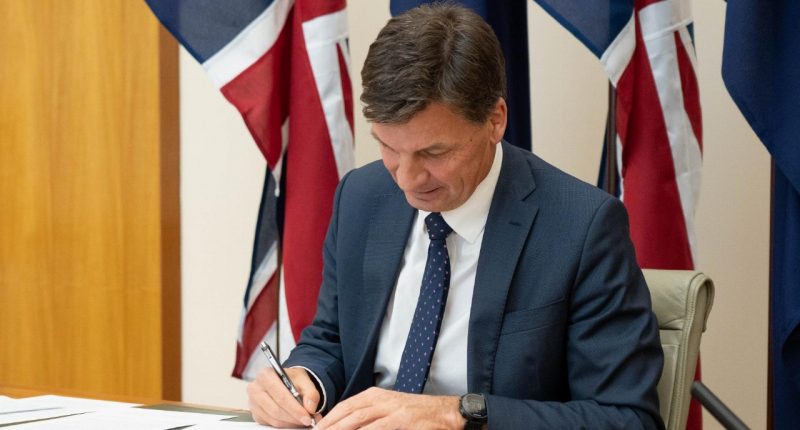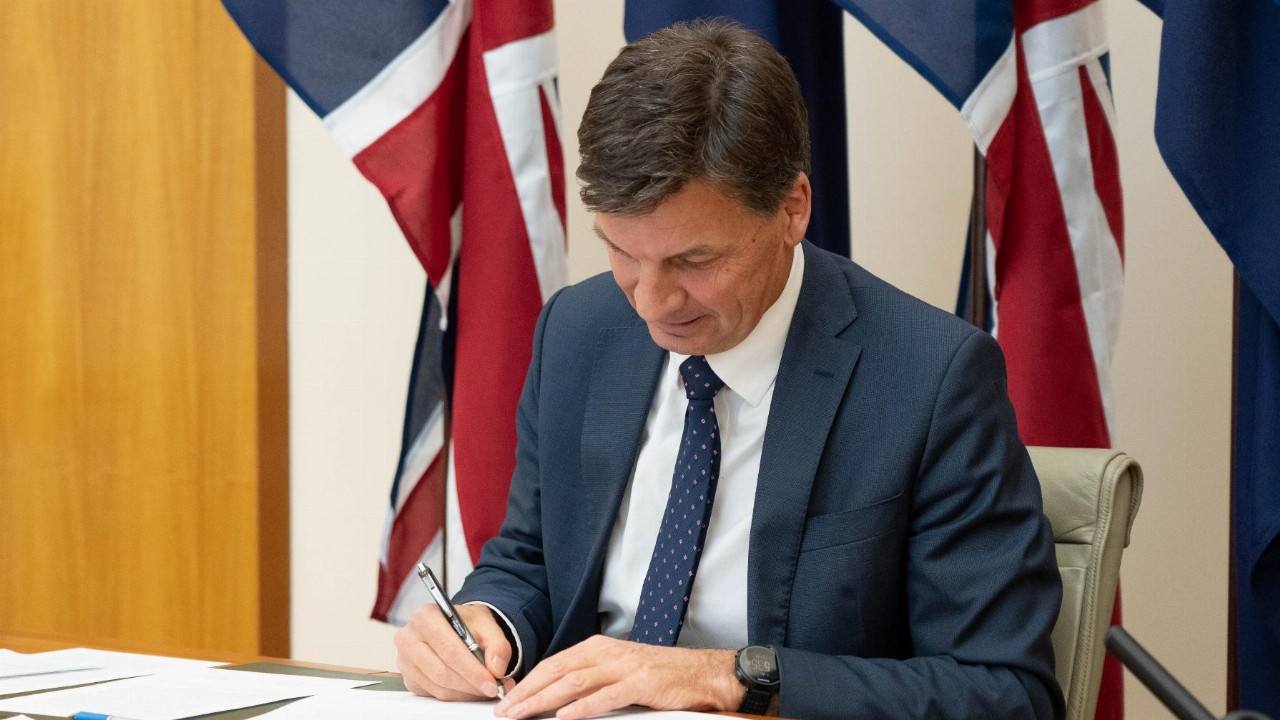- Santos (STO) and Beach Energy (BPT) have reached a final investment decision to build a carbon capture and storage (CCS) hub in Moomba, South Australia
- The CCS hub will be registered under the Federal Government’s Emissions Reduction Fund (ERF) scheme as part of Australia’s plans to reach net-zero emissions by 2050
- The project is slated to be operational by 2024 and is expected to cut emissions from gas production at Moomba by up to 70 per cent
- While a Western Australia CCS project by Chevron reported underwhelming results this year, Santos and Beach claim CCS is crucial to global decarbonisation
- Shares in Santos were trading grey at $7.10 as of 2:03 pm AEDT, while shares in Beach Energy were down 2 per cent at $1.37
Oil and gas big caps Santos (STO) and Beach Energy (BPT) have reached a final investment decision to build a carbon capture and storage (CCS) hub in Moomba, South Australia.
The hub will be the first project of its kind in Australia, according to Santos/Beach joint venture and the Morrison government, and is being built as part of the nation’s efforts to reach a target of net-zero carbon emissions by 2050.
As such, the CCS hub has been registered under the Federal Government’s Emissions Reduction Fund (ERF) scheme, meaning the energy companies operating the project can sell carbon credits to the government or on a voluntary private market.
Energy Minister Angus Taylor said in a media statement the private carbon credits market grew by 42 per cent between the 2020 and 2021 financial years and currently shows “no signs of slowing down.”
“This is the first time a national government will award tradable, high-integrity carbon credits to large-scale projects that capture and permanently store carbon underground,” Minister Taylor said of the CCS hub.
The project is slated to be operational by 2024 and is expected to cut emissions from gas production at Moomba by up to 70 per cent by storing 1.7 million tonnes of carbon dioxide underground each year.
The project is a priority under the government’s Technology Investment Roadmap, according to Minster Taylor, with the ERF method designed to incentivise emissions reductions from a range of energy-intensive sectors.
How reliable is CCS tech?
Carbon capture and storage technology is designed to collect carbon dioxide from its source, then transport it and store it underground to stop it from reaching the earth’s atmosphere.
While the CCS hub will be the first in Australia, Chevron built a commercial-scale standalone project in Western Australia several years ago, from which the company has reported underwhelming results.
Chevron in July said the CCS facility at its WA Gorgon LNG project collected just a fraction of the CO2 predicted during its first five years of operation.
The failure drew criticism from mining mogul Andrew Forrest last month when he told the Good Will Hunters podcast CCS “doesn’t work in reality.”
He said it was typical for CCS projects to fail around the world.
Industry confidence
Nevertheless, according to Santos and Beach, the International Energy Agency (IEA) recently said reaching net-zero goals without CCS processes would be “almost impossible.”
Santos Managing Director and CEO Kevin Gallagher said the IEA’s Sustainable Development Scenario requires a hundredfold increase in CCS between now and 2050.
“If we do not decarbonise the hydrocarbon fuels that still make up just over 80 per cent of global primary energy and provide 60 per cent of the world’s clothing fibres along with other essential everyday products, then the world will simply not reach net-zero by 2050,” Mr Gallagher said.
Beach Managing Director and CEO Matt Kay said gas-filled reservoirs in the Cooper Basin have played an important role in delivering Australia’s energy needs for decades, so it’s fitting that these same reservoirs play a role in reducing Australian emissions.
“Natural gas will continue to be a critical source of energy, even in a lower carbon future, and we are committed to playing our part in reducing our emissions footprint — our participation in the Moomba CCS Project is a clear indication of that.”
According to the Global CCS Institute, there are 135 commercial CCS facilities in the global project pipeline, with 27 currently operational and four under construction, with the remaining 102 in development.
Shares in Santos were trading steady at $7.10 each, while shares in Beach Energy were down 2 per cent at $1.37 as of 2:03 pm AEDT.








